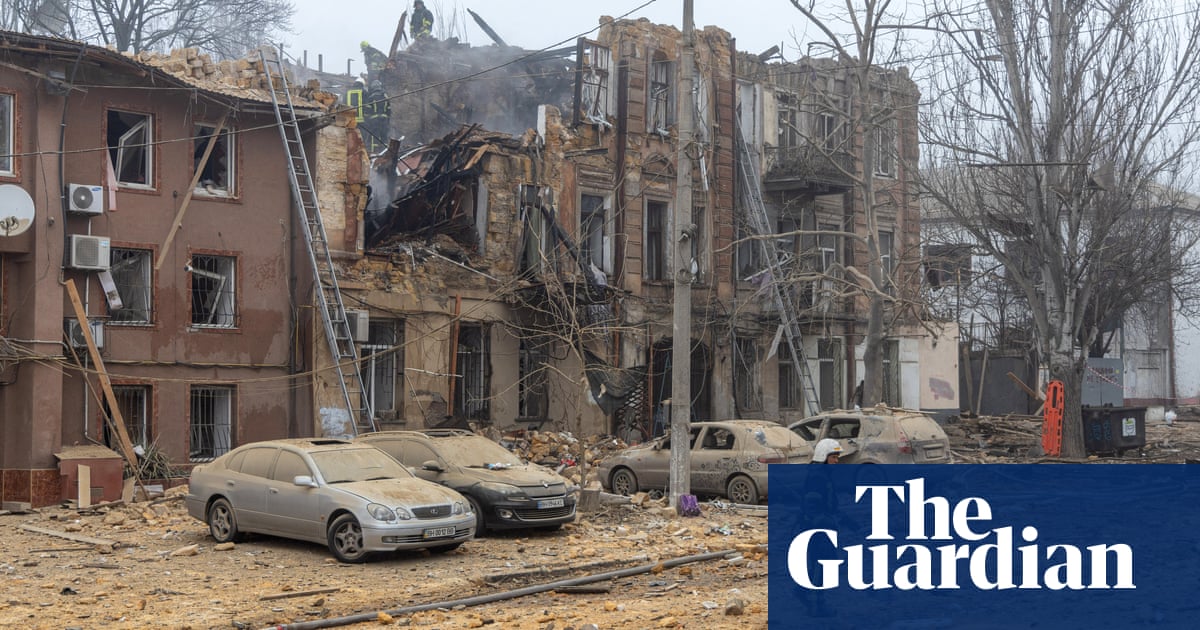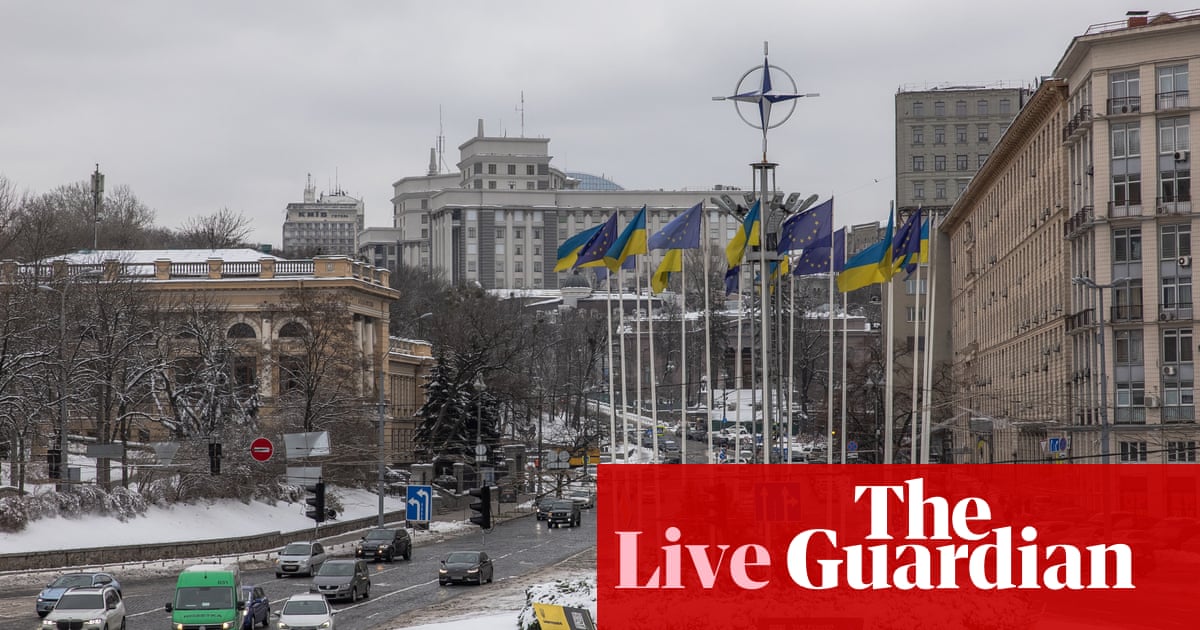
Britain’s economy is forecast to slow to a standstill next year as it suffers more than any other major industrial country from the effects of Russia’s invasion of Ukraine.
The UK will grow by 3.6% in 2022 before posting zero growth in 2023, according to the Paris-based thinktank the Organisation for Economic Co-Operation and Development (OECD), with inflation expected to average 8.8% this year and fall only slightly to 7.4% in 2023.
The predictions – contained in the OECD’s half-yearly economic outlook – represent a sharp downgrade from the estimated 4.7% growth this year and 2.1% next year made six months ago.
Laurence Boone, the thinktank’s chief economist, said the UK was being hit by a combination of factors, including higher interest rates, higher taxes, reduced trade and more expensive energy.
The OECD said the UK was expected to go from the second-fastest-growing economy in the G7 group of industrial nations after Canada this year to the slowest-growing in 2023. Japan, Germany, Italy, France and the US make up the other members of the group.
A UK Treasury spokesperson said: “Thanks to the support we provided during the pandemic, the UK had the fastest growth in the G7 last year, and our unemployment rate is the lowest it’s been in nearly 50 years. But we recognise many people will be concerned by these forecasts.
“While we can’t insulate the UK from global pressures entirely, our economy is in a strong position to deal with these challenges. We have a plan for growth, and we are supporting people with the cost of living.”
Boone said the world economy was paying a “hefty price” for Russia’s invasion. “A humanitarian crisis is unfolding before our eyes, leaving thousands dead, forcing millions of refugees to flee their homes and threatening an economic recovery that was under way after two years of the pandemic,” she said.
“As Russia and Ukraine are large commodity exporters, the war has sent energy and food prices soaring, making life much harder for many people across the world.”
Boone said the OECD had cut its global growth forecast for 2022 from 4.5% to 3%, while inflation in the organisation’s 38 wealthy-country members would average almost 9% – double the forecast in last December’s Economic Outlook. Growth in 2023 is expected to be 2.8%, down from the 3.2% forecast six months ago.
“Elevated inflation across the globe is eroding households’ real disposable income and living standards, and in turn lowering consumption,” Boone said as she called for the burden of adjusting to a rising cost of living to be shared fairly between employers and employees and between profits and wages.
“Uncertainty is deterring business investment and threatening to curb supply for years to come. At the same time, China’s zero-Covid policy continues to weigh on the global outlook, lowering domestic growth and disrupting global supply chains,” she added.
The OECD is the second international body to cut its growth forecast in the past two days, with the World Bank warning in its global economic prospects of a return to 1970s-style stagflation – a combination of weak growth and high inflation.












